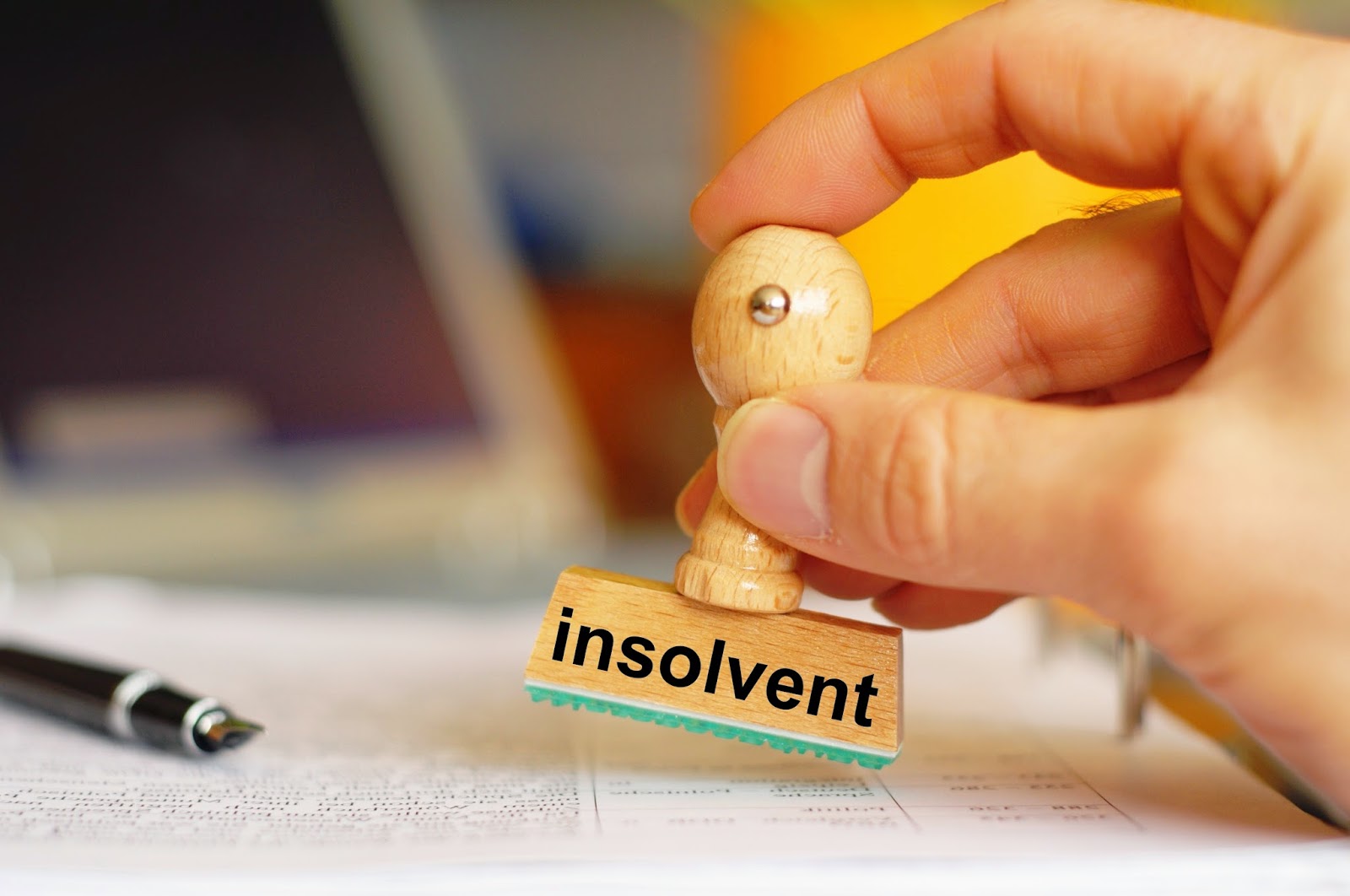There are various modes of transferring the immovable property, but most frequently used mode is sale. Every sale or purchase of property has to conform to certain legal requirements. The Indian Contract Act 1862 and Transfer of Property Act 1882 are two important Acts. The word seller, vendor, purchaser, vendee are used to describe the parties. In general, the word transferor is used to refer to the owner of the property or his authorized representatives. The word transferee means the purchaser.
Essentials of valid contract
An agreement for sale is a contract. It has to comply with the stipulations of Indian Contract Act. The Act stipulates that the contract has to be made between parties who are competent to contract. The competent parties are the persons who have attained the age of majority. The persons who have completed age of 18 years are majors. Apart from attaining majority, the parties should be of sound mind and not disqualified by provisions of any law in force for the time being, like insolvency Act etc. Though the parties are major and of sound mind, if they are disqualified under provisions of any law in force, they are not competent to contract.
The parties to contract should agree to the terms of contract with free consent. Consent means, agreement of the parties upon the same thing in the same sense. Consent is said to be free, when it is not caused by compulsion, force, undue influence, coercion, fraud, misrepresentation or mistake. If the consent is not free the contractor is not void but voidable. The contract is said to be voidable, if the parties to the contract have an option to cancel the contract or to abide by it. Contract is void, if it is not enforceable by the parties as per the provisions of law. In case of void contract, the parties have no option, as the law treats such contracts as void.
If the sale of immovable property is not out of free consent, the seller has an option to treat the sale as valid, or invalid, and the title of the purchaser is subject to the option exercised by the seller. Other important ingredients of valid contracts are, the lawful consideration and for lawful object. In case the transfer of immovable property is made for illegal consideration and for illegal object, the transfer is void, that is law treats such transfers as illegal and parties have no option. The transferee does not get any legally valid title over the property. Sections 10 and 11 of Indian Contract Act deal with the above aspects.
Essentials of valid transfer
The Transfer of Property Act 1882 has prescribed certain conditions for legally valid transfer under section 5. The conditions are that, both the parties must be living; the transfer may be either in present or future. The word living persons means legal persons, which includes a company, association and body of individuals. A minor cannot transfer any property, but he can be transferee, he may purchase, receive the property, through his guardian.
Transfer by persons other than owner
Apart from the above requirements of valid contract and valid transfer, the most important is the title of the transferor to the property. The transferor should have legally marketable title over the property. A person having a defective or no title to the property cannot pass on a better title to the purchaser than what he has, and the purchaser will acquire defective or no title.
There are certain exceptions to this, which are dealt in Transfer of Property Act. They are transfer by:
a) Ostensible owner.
b) Unauthorized person who subsequently acquires valid title.
c) The person authorized under certain circumstances only.
We shall discuss each of the above.
1. Ostensible owner
Section 41 of the Act deals with the transfer of immovable property by ostensible owner. The word ‘ostensible’ is described in the dictionary as apparent, stated or claimed but not necessarily true. In simple words, “appears like to be an owner but not truly an owner”. But the Act differentiates between a person who poses as owner to defraud the purchaser and a person who act as owner with the free consent of the owner. If some person acts as an owner of some immovable property with the consent of the real owner any transfer by such ostensible owner is valid. The consent by the real owner may be expressed in writing or may be implied; where the action of real owner makes the purchaser to believe that the ostensible owner has his consent. The other requirement are that the transfer is for consideration and the purchaser has exercised reasonable care to ascertain that the ostensible owner has power to transfer the property and has acted in good faith. Reasonable care means the care that a man of average intelligence takes without negligence.
In some cases, if the ostensible owner is in possession of the property and he also produces the title deeds, then the transferee cannot be expected to make any searing enquiry in the absence of any ground for suspicion that the transferor may not be the real owner. The standard and nature of enquiry by the transferee shall therefore vary according to the circumstances of each case.
To understand the extent of care required to be taken by the transferee, it will be useful to refer to the case of Khwaja Muhammad Khan V/s. Muhammad Ibrahim (ILR 26 ALL, 490) wherein it has been observed “It is manifest that the transferee need not make a very detailed enquiry in order that he may be said to have taken reasonable care unless there are some circumstances or clue which should lead him as an ordinary man of business to make a full enquiry so as to satisfy himself with a reasonable amount of certainty that his transferor is entitled to make the transfer”.
The transferee must act in good faith. The General Clauses Act defines “good faith” as 'A thing shall be deemed to be done in good faith where it is in fact done honestly whether it is done negligently or not. The Limitation Act prescribes higher standard as it defines good faith as “nothing is seemed to be done in good faith, which is not done with due care and attention.
2. Transfer by unauthorized per- son, who subsequently acquires interest in property transferred
This is slightly a different situation from a transfer by ostensible owner. Here the transferor is not ostensible owner, does not have consent of the owner to act as owner. The transferor fraudulently or erroneously represents that he is authorized to transfer the property. But, subsequent to such transfer, the transferor gets valid title. Such transfer is also valid. The relevant Sec. 43 of the Transfer of Property Act 1882 stipulates certain conditions.
a) The transferor erroneously / fraudulently represents that he is authorized to transfer the immovable property.
b) The transfer is for consideration.
c) The transferee has not rescinded the contract, opts for transfer.
d) There are no other transferees for consideration, who have acted in good faith and not aware of existence of such option / transfer.
e) The transferor subsequently acquires title in the immovable property transferred during subsistence of the contract.
The Act has given various remedies to the purchaser; he may cancel the contract, and elect to ask for damages or get the property transferred to him. The important thing is that the transferor, who was unathorised to transfer the property, acquires the title in same property transferred subsequently. If the transferor does not get any title during the subsistence of contract, the section does not apply.
Example : 'A' transfers property to 'B' by falsely representing that he is owner of property. Later 'A' acquires that property, then 'B' has right to take the property as transferee without further act on the part of the transferor.
3. Transfer by persons having limited powers
Various laws have prescribed limited rights to certain individuals to transfer the property, though they are not owners. Such transfers have to be done only under special circumstances enunciated in the respective laws. Section 38 deals with this situation. Some of such persons are
- The Kartha of a mitakshara family
- Executor
- a mortgagee
- a guardian of minor's property
These persons have the power to sell only under compelling circumstances and to sell legal necessities. If these persons as transferors allege the existence of such circumstances and the transferee has made an inquiry and after using reasonable care has acted in good faith, then transferee will get a good title over the property.
In case of sale of minor's property by his natural or legal guardian there should be a legal necessity for the transfer and the court’s permission is necessary for such sale. The burden in all such cases is laid on the transferee to justify the transfer in his favour. The reason for this rule is that, no transferee of immovable property can safely take transfer of such property without enquiring in to the title of the person who is his proposed transferor. If the latter's title is perfect, then the question of enquiry becomes immaterial. But if it was dependent upon variable circumstances, then the transferee must justify his transfer.
In case of wife and children of transferor has right to maintenance over the transferred property, then such wife and children are entitled to enforce right to maintenance against such transferee on the transferred property, u/s 39 of Transfer of Property Act. But this right is not exercisable against transferee for consideration and in cases where transferee does not have notice of such right.
Section 39 of Transfer of Property Act provides that a person shall not transfer the immovable property without the concurrence of wife and children who have a right to receive maintenance or a provision for advancement or marriage for the profits of immovable property. In case such property is transferred without concurrence it is not that transferee will not get a title, he will get a title but he is liable to give maintenance, from the profits of immovable property, which he acquired to settle all other claims if he has notice of such rights or claims.










